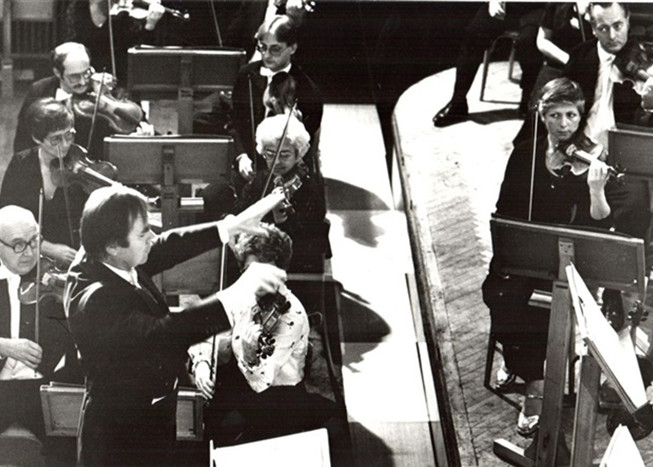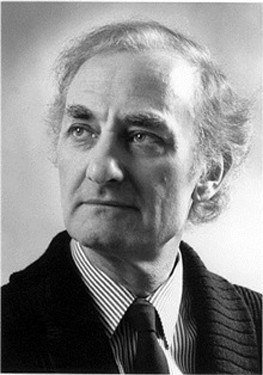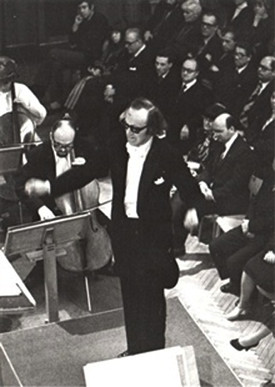Predecessors and the Times of the First Republic
The roots of the Pilsen Philharmonic predecessors reach back to the 19th century. In 1865, there were first attempts to found the first stable symphony orchestra in Pilsen. But not earlier than in 1882, when thanks to the initiative of Hynek Palla, the Pilsen Philharmonic Club was founded and an orchestra of a more stable ground comprising about 46 musicians was brought to life. The City of Pilsen due to the number of citizens as well as level of culture advancement could not suffice to run such a large orchestral body and therefore in 1896 the Philharmonic Club came to an end.
At the end of 1919, a permanent symphony orchestra was founded on the grounds of the Music division under the name Symphony Orchestra of the Public Education Society which presented itself in front of the public by its first concert in the Burghers‘ Hall on 17 March 1920. In 1934 the name of the ensemble changed to the Pilsen Philharmonic. At that time, the ensemble had 70 members both professionals and amateurs and gave 5 to 8 concerts in Pilsen every year (e.g. straight after the Pilsen Liberation in May 1945 they arranged a ceremonial concert introducing the Smetana´s My Country). The orchestra existed (in the following years under the name of Orchestral and Vocal Association of West-Bohemian Teachers) until the late 1960s and then it came to an end.



